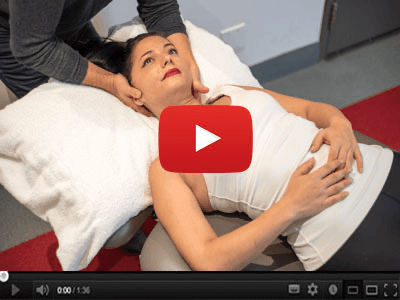Even Audiologists Get Frustrated at Hearing Aid Bluetooth
In recent years, the development of hearing aids tailored specifically for iPhones has been welcomed as an ingenious solution. In the U.S., where iPhone usage is prevalent, these aids support seamless integration and accessibility. However, there's an inherent limitation when it comes to sheer global relevance and effectiveness, limited by Bluetooth compatibilities.
In the context of technology and communication, connectivity is everything.
Limiting devices solely to the iPhone ecosystem implies disadvantages for non-iPhone users worldwide.
In many regions where Android phones dominate, the exclusivity of the made-for-iPhone strategy fails to provide equitable benefits. Current scenarios mean significant sections of the global population do not fully enjoy the advanced features these advanced hearing aids offer, due to lack of cross-platform support.
I'm a hater of most Bluetooth connections at present.
Such sentiments underline the importance of system improvements not only restricted to iPhones but necessitating a comprehensive approach encompassing various platforms.
To truly embrace the potential of modern technology aids, there's a pressing need to broaden compatibility settings ensuring inclusivity regardless of user hardware. This means venturing beyond the presently constraining limits to assure everyone, irrespective of their device choice, can equally benefit from technology.
Innovations tailored toward universal compatibility are not only a practical step forward but ethically necessary. Besides helping users enjoy all technological conveniences, wider-compatible devices could foster joint initiatives towards global harmonization of innovative technological solutions across varied demographics.
From Around The Web
Wellness Inbox is a blog & weekly newsletter that curates trending news and products related to health and wellness from around the web. We also gather content from various sources, including leading health professionals, and deliver it directly to you.
Please note that we may receive compensation if you purchase any products featured in our newsletter. Wellness Inbox is not affiliated with, nor does it endorse, any health professionals whose content may appear in our newsletter. The information provided is for general informational purposes only and should not be considered medical advice.
The information provided is not intended to replace professional medical advice, diagnosis, or treatment. All content, including text, graphics, images, and information available is for general informational purposes only. We do not guarantee the accuracy or completeness of any information presented and assume no liability for any errors or omissions. The content is subject to change without notice. We encourage you to verify any information with other reliable sources and consult your physician regarding any medical conditions or treatments.







